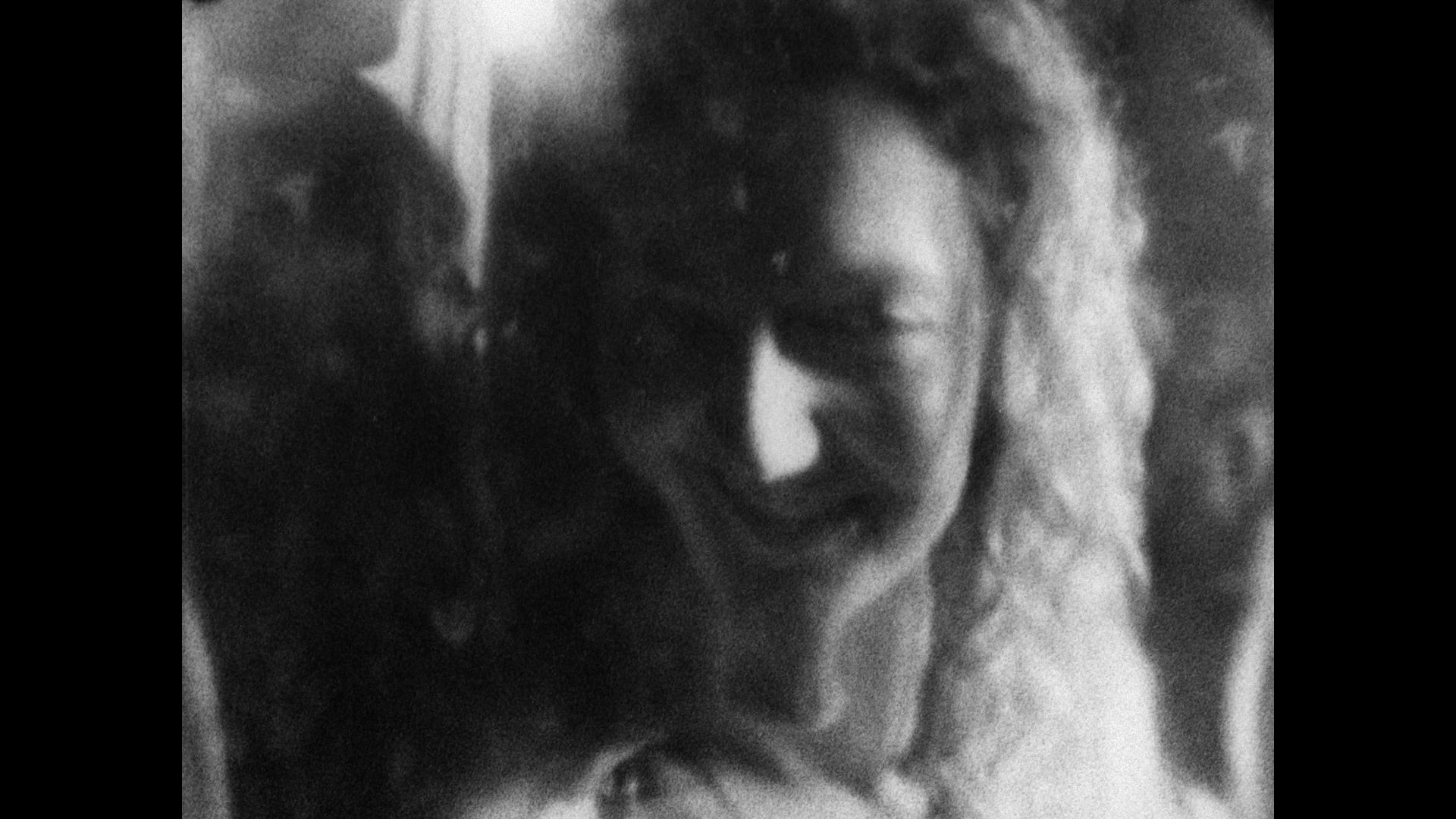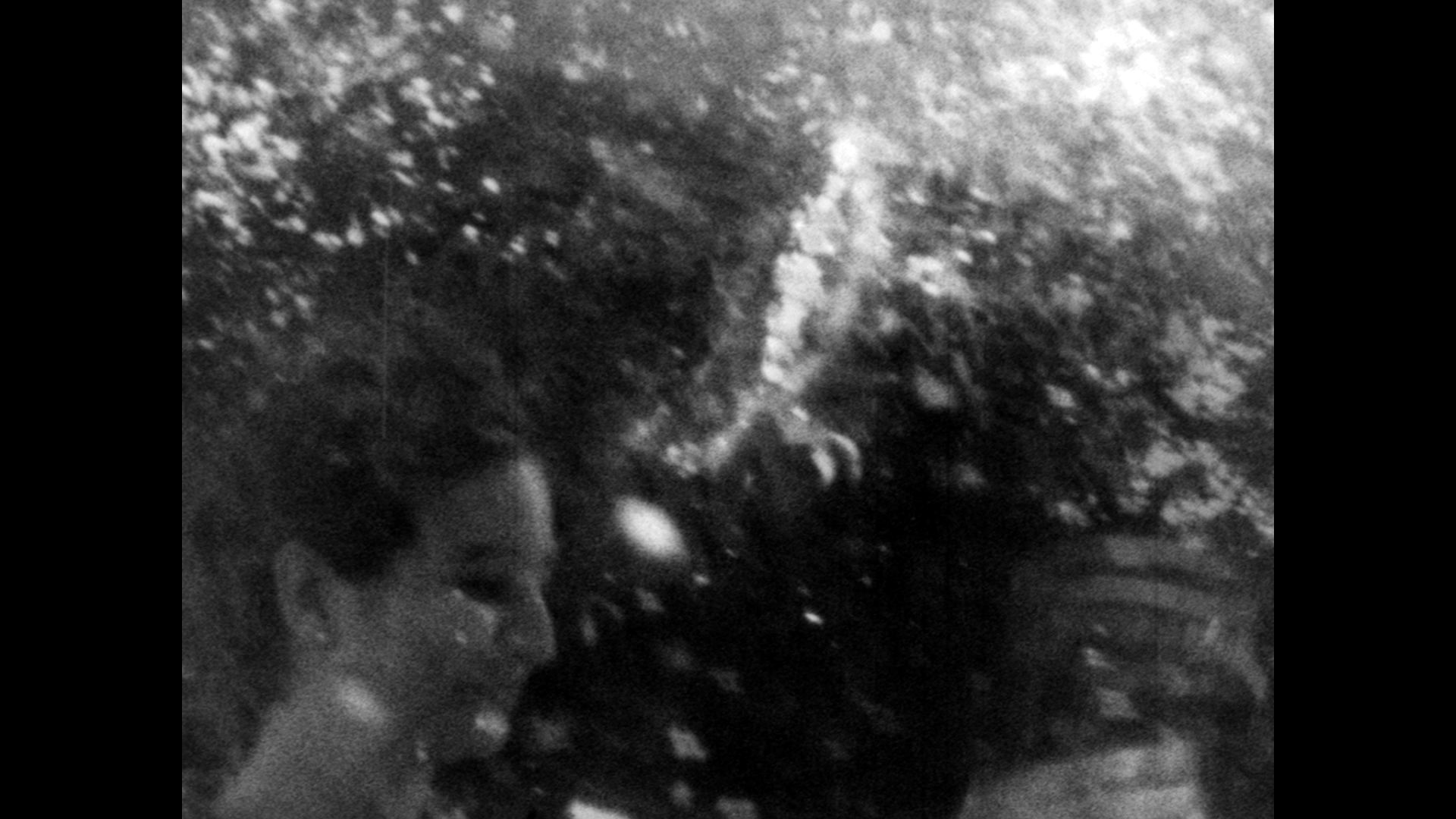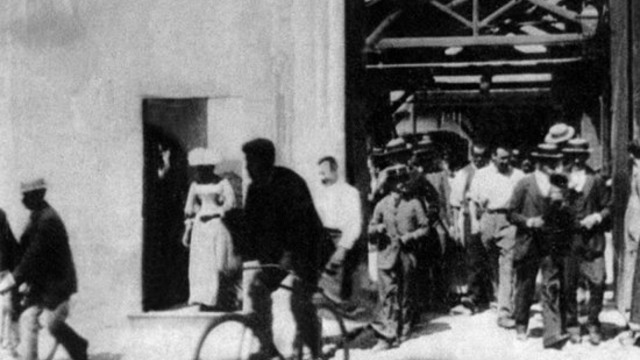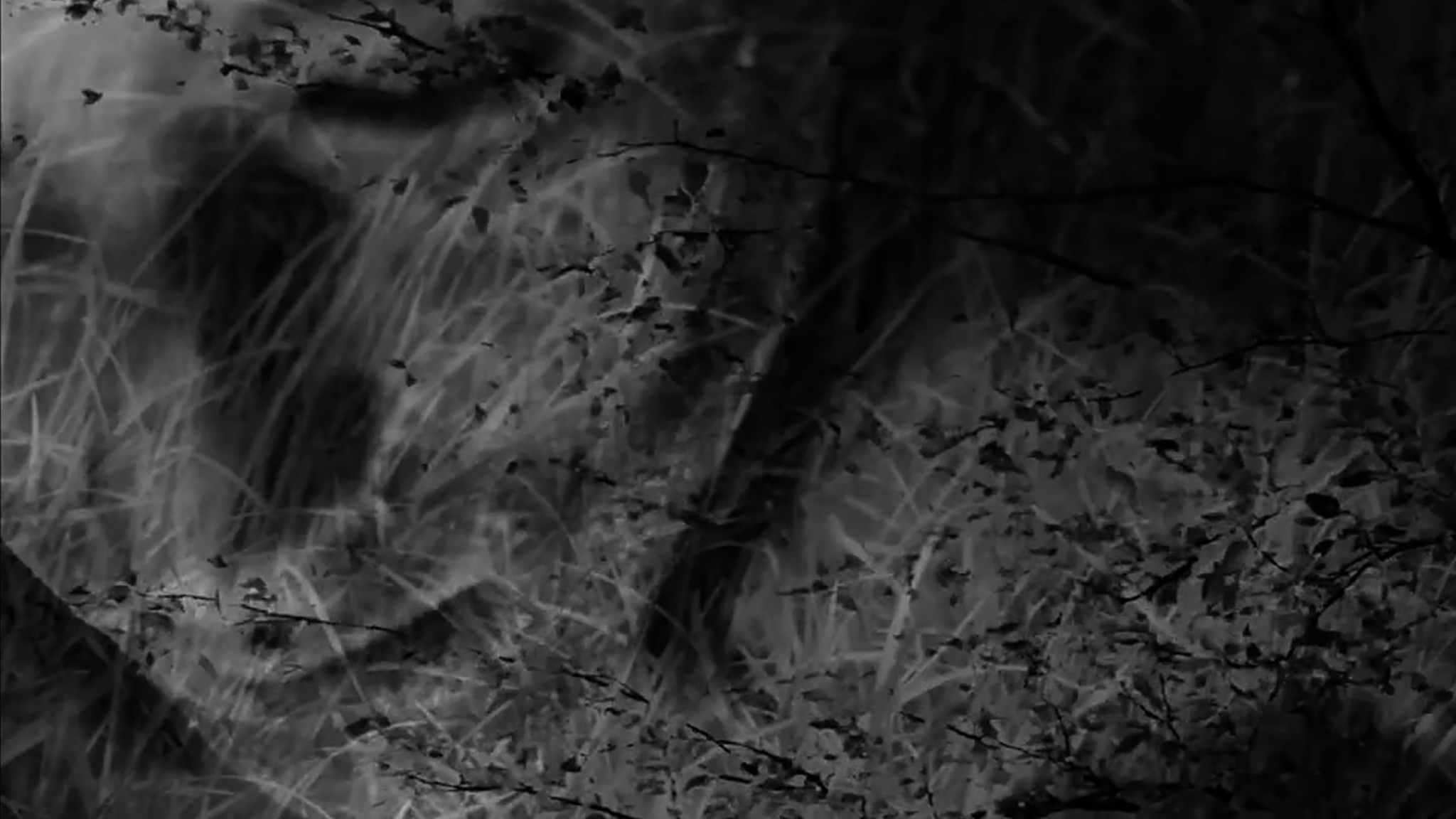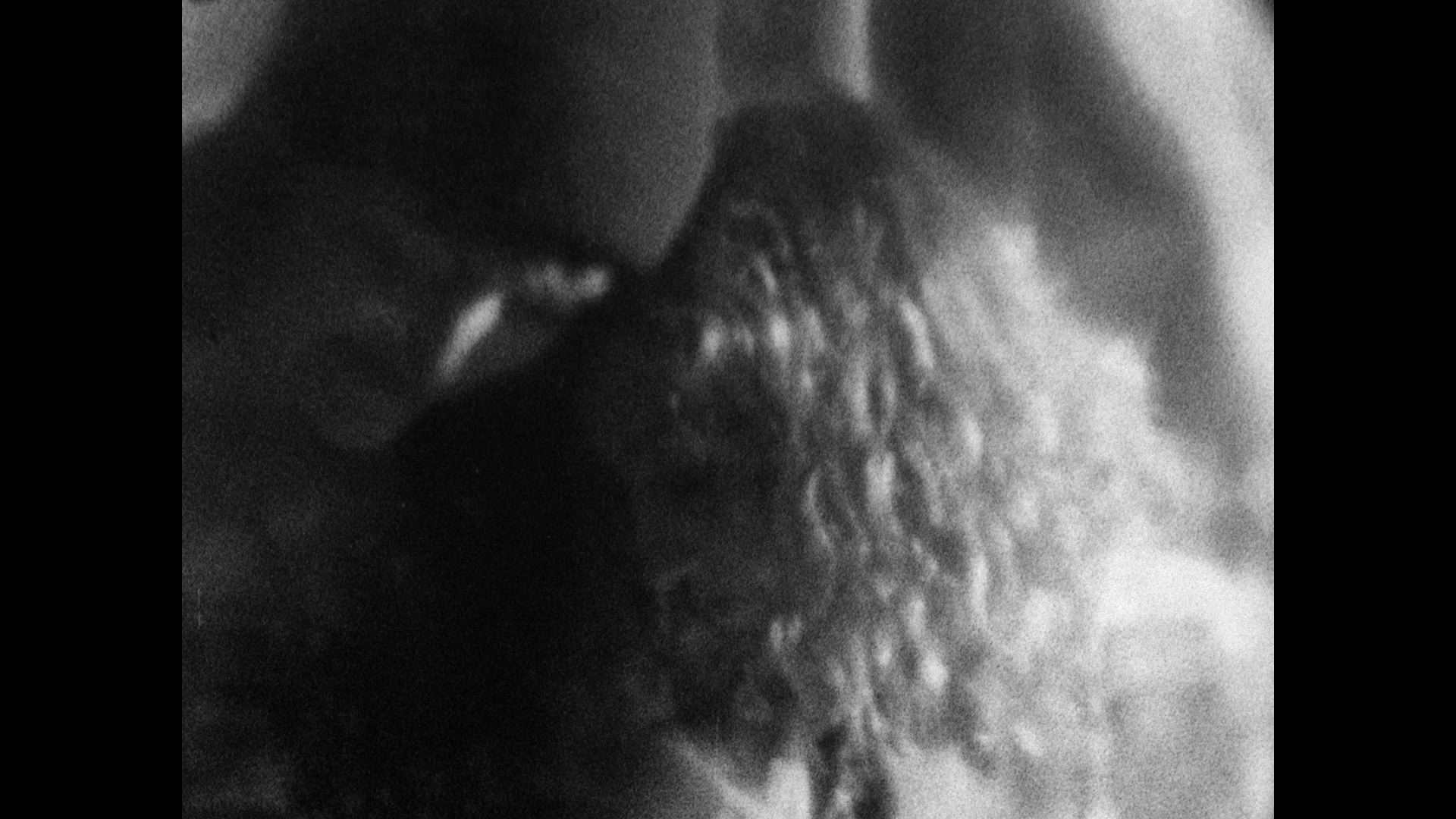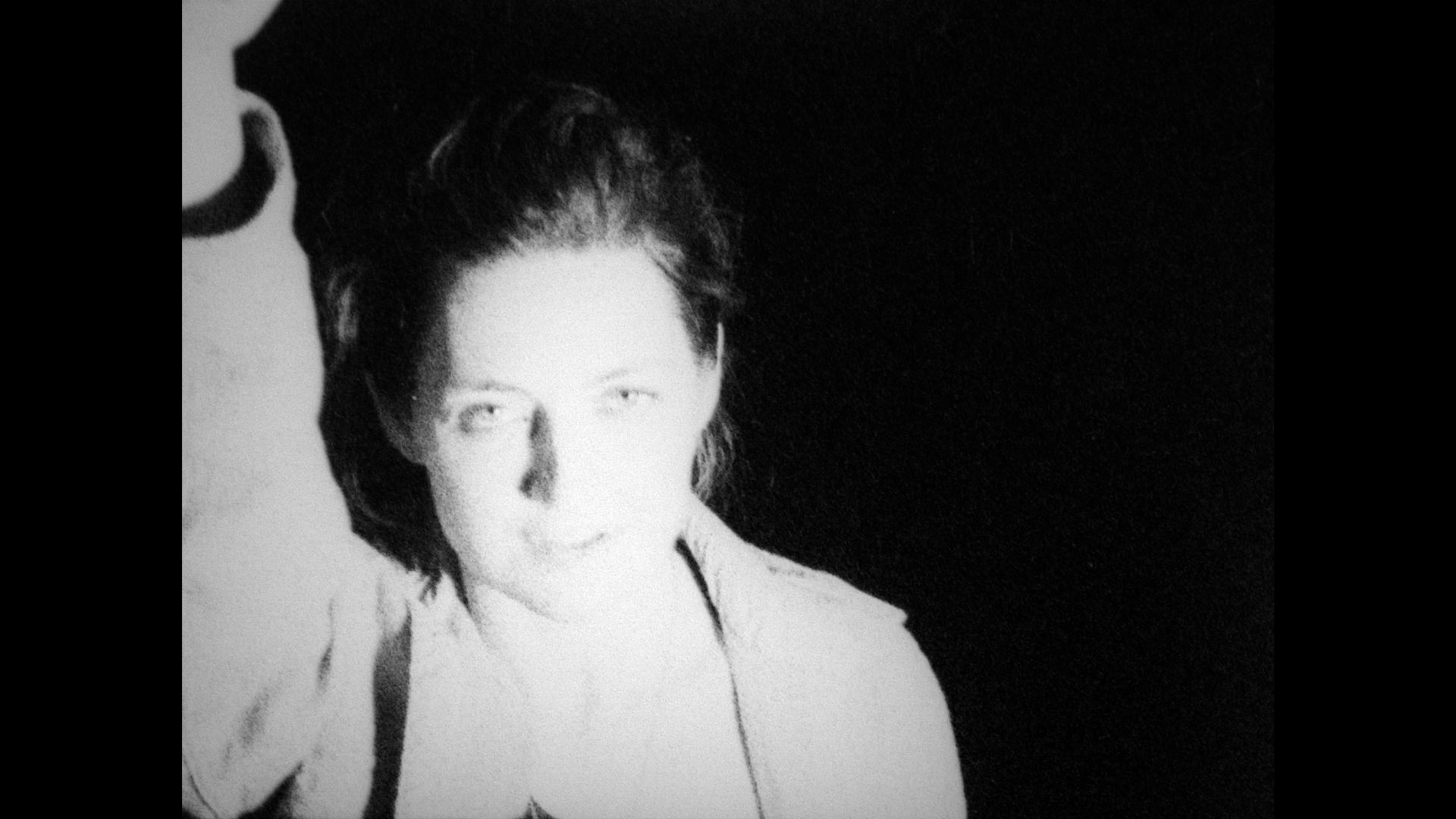Originally published in Cineforum, Nov. 22, 2016
The theme of the couple returns in so many films of the 34th Turin Film Festival, from Between Us to Suitcase of Love to Out of Love. The festival presented a panorama that was darker and more desperate than usual, in themes that reflect the present state of the world. Not surprisingly, the documentary section decided to dedicate a focus to the theme of “Love,” with works ranging from short (and controversial) poetics like La Femme au-cent Visages (The Woman of a Hundred Faces, 1966), by Jean-Daniel Pollet and surreal wildlife documentaries like The Love Life of the Octopus (1967). Fabrizio Terranova interviewed feminist philosopher Donna Haraway in Storytelling for Earthly Survival (2016). The life and work of the philosopher suggest the need for a radical output from the unconscious and from history, returning to the earth (“compost-human”) and projecting into the future forms of idealistic planning where “lifetime commitments” between people are the key to creating alternative communities that can replace the obsolete and precarious form of the pair.
The need to understand how we can be together, how the form of the couple might operate, is an existential question that has acquired a new urgency in the face of the deep crisis that our society and its system of productions are going through today. We Make Couples (2016), indefatigably made during the last six years by Canadian experimental filmmaker Mike Hoolboom, tries to get to the bottom of this problem with a film that appears as a surprise in this section. Yet there is something deeply “real”, and really documentary in this study conducted by two female voices that deeply question the form of the pair, and the relationship that inhabits them.
The dialectical relationship appears much like prior models of revolutionary struggle (the pact of solidarity, compassion and cooperation that is established) but at the same time the closed compact of the couple poses a threat to the broader possibility of equality. The couple as a structural unit works against all those excluded from the dynamic of two (“I never voted for democracy in the bedroom, I can’t think of anything less sexy. If everyone is equal, why should I choose you instead of your neighbor?”). What lies inside and outside the couple are projections, roles and mutual claims that never quite invent equality.
The attempt to create an oasis of meaning in the private sphere that is opposed to capitalist systems of competition and permanent emergency is not new, indeed it seems one of the most obvious and fruitful strategies to explore historically. This is demonstrated by the short circuit created in the festival via its previous projection of Harun Farocki’s short film Arbeiter verlassen die Fabrik (Workers Leaving the Factory, 1995) where the director presents film excerpts from Chaplin, Lang, Pasolini and others showing workers leaving the work place, as if it were possible to leave, as if they could at last enter “real life,” a private place of authenticity opposed to the stolen time and alienation of work.
The primal scene of the Lumiére brothers’ Workers Leaving the Factory (1895) is also found in Hoolboom’s film where it becomes clear that the politics of factory production do not end with the change of the site of the production system. Instead, the factory returns home, the workers bring the factory home, or turn the home into a factory, where they produce new forms of solitude.
The enigma of sexuality and desire – what drives us to choose to love another person – is not a solvable problem (even in theory) only in ethical terms, unlike the design of social democratic alternatives to the current economic model. However it remains a key ethical issue, because any democratic model has to accommodate or even embrace conflicting interests, as Marx himself might attest. How can I love what I don’t choose? Or else: why do I keep choosing what I don’t love?
There is a gap between conscience and the thing in itself. The language and process of being a subject – what makes human beings human – arrives out of separation from everything in the world, from nature, and other species.
Does being a couple inevitably reproduce a system of domination, made of power dynamics, to again recreate the distinction between myself and the other? As a desiring subject how can I stop consuming you like any other commodity? Or conversely, perhaps we could import another form of political resistance into this relationship, and replay the early experiments of Polish solidarity workers – can these social models be reimagined on different scales?
Certainly, this second case resembles selfless maternal love (in a perspective that approaches the so-called “feminism of difference”), and seems to move away from the traditional intersection of mutual desire that is mixed with feelings that are less noble but more effective in connecting individuals such as competition, resentment, oppression, exploitation, and hatred (“As soon as I touch you, there’s a top and a bottom.”). Eros, inherently hierarchical, creates a verticality that seems incompatible with the ambitions of democracy, solidarity, tolerance and peaceful coexistence. It is a creative process, expansive and productive, just like capitalism. The bedroom is also a factory. It produces reports, consumer goods, offspring, power dynamics.
How does the film situate itself in this relationship? It returns to this quiet underlying question: Is there a way to produce meaning that is not primarily violent? This is what the director asks during an hour in which different image types (found footage, private home movies, advertising, animation, juxtaposed and superimposed) accompany fragments of tough love speech, which is another way of wondering: what do we now? How do we take the next step? The power of the film lies not only in its severity, the radicality and importance of the questions it raises, but in the emotional force it summons.
Philosophical questions are entertained by two women in a dialogue, though a projectionist is insistently conjured throughout the movie (making three?), not to mention the director himself (four?). These figures appear not as slogans or ideological outlets but as a shared search for possible directions. Again and again we seem to overhear them in the middle of a conversation, in speeches that are already underway, they don’t feel the need to explain or re-explain their terms. When they say “factory,” “projected,” “role,” “power,” the protagonists assume a shared past and intimacy that engages and accommodates the viewer.
Because of this We Make Couples is not only an experimental film or a documentary. There exists in the film a real narrative structure that begins with the crisis (which accompanies the analysis of power and mutual projection, dynamics of roles, expectations and exploitation), and concludes with the appearance of a solution. The music and tone of the film changes at the end, the hope of a rapprochement becomes plausible, the voices speak of new openings and conciliations, even amidst the old obstacles. The two parties come to a recognition of the effort, the work that the other is doing, and they decide to try, together, to swallow their fear, to accept the risk and change.
There is something profoundly different in these conclusions than the proposals of Donna Haraway. The philosopher suggests a contractual solution to the precariousness of existence (and our co-existence with capitalism). It is a reassuring solution that excludes a priori what is most intimately terrifying: the structure of desire that also informs the violent history of mankind. How to accept the risk to submit to desire and enter the couple, the true place of danger where the worst atrocities are committed? It is a real slaughterhouse, just like the factory, where you are likely to be consumed at the end, drained, turned into trash without any safety net because “remaining friends” is not possible. Quoting Brecht one of the women says, “I don’t want to start with the good old things but the bad new ones.” They begin with trite images and standardized advertising, by the ideology in which we are immersed, and also with the unwanted parts of their lives: the waste, the debris, the ruined pictures of their past hopes – all of which Hoolboom confers with extraordinary strength. It is through an examination and exhumation of the unwanted that they try to understand whether emancipation is still possible.
If salvation is possible, it is not by isolating ourselves, but by embracing a new responsibility for our stories (and history), looking into the face of unbearable dialectics and to risk being ethically scandalous as an acting subject in the world. The contrast between democracy and desire is a false dichotomy, tolerance and domain are two sides of the same coin. Only by staying within the dialectical circle can we really make the revolution: “We make coup (les)”.
